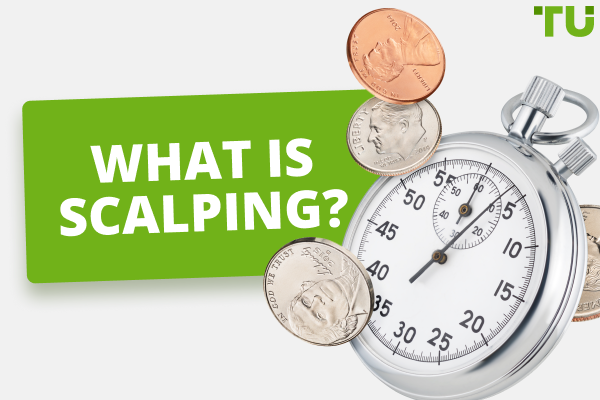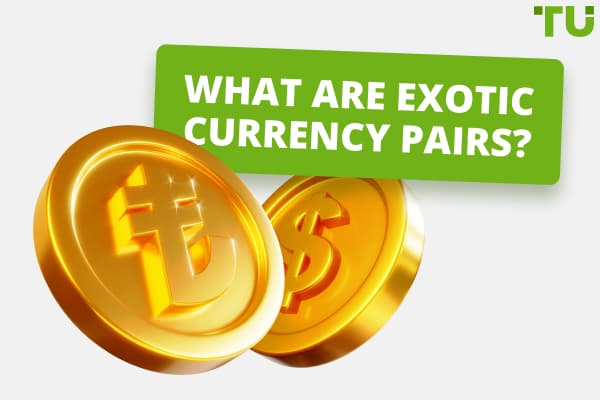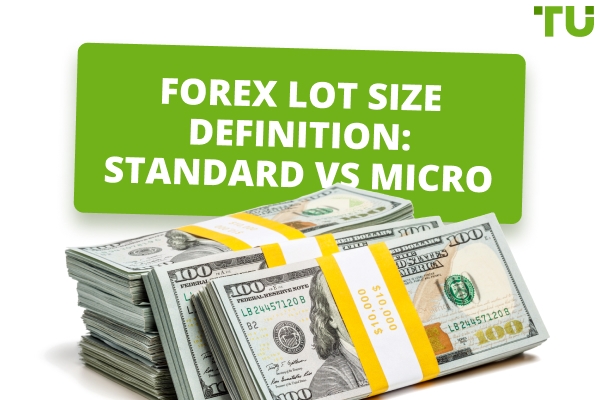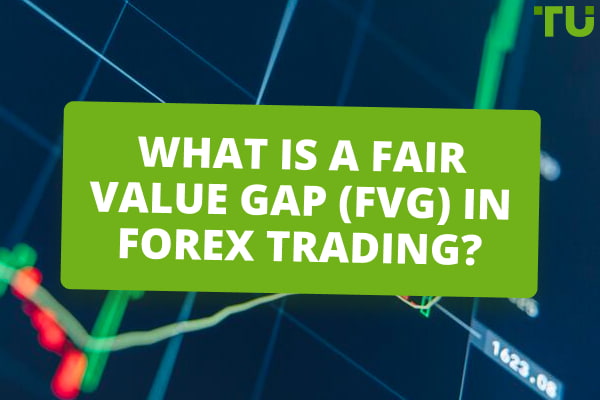Understanding NZD And NZD/USD: Comprehensive Guide
NZD is the financial symbol for the New Zealand dollar (also called "Kiwi"). NZDUSD ranks fifth in terms of forex trading volume. The peculiarities of trading this pair are related to the fact that New Zealand is located in the Asian time zone, and its economy depends on the value of some commodity assets and has close ties with China.
In currency trading, the New Zealand Dollar (NZD) and its exchange rate with the United States Dollar (USD), referred to as NZDUSD, hold significant importance.
NZDUSD is the fifth most popular trading pair. Traders choose to trade NZD because it is a freely convertible currency and New Zealand is a relatively small economy, the state of which is sensitive to changes in interest rates, commodity prices and statistics on the Chinese economy.
-
What does NZD mean?
The best Christmas bonus depends on individual preferences and trading needs. Research reputable brokers offering competitive and transparent Christmas bonuses to find the most suitable one.
What is NZD?
NZD denotes the New Zealand Dollar, the authorized currency of New Zealand, and several associated territories such as the Cook Islands, Niue, Tokelau, and the Pitcairn Islands.
NZD is its acknowledged currency code, a standardized representation used to discern it within financial markets. In essence, NZD is the official currency of New Zealand and other regions under its jurisdiction.
Forex traders often refer to NZD or NZDUSD by the word "Kiwi".
What is NZDUSD?
NZDUSD pertains to the ratio between the New Zealand Dollar (NZD) and the United States Dollar (USD). It explains how much one NZ Dollar equates to in US Dollars.
For instance, if the NZDUSD rate is 0.7000, this signifies that 1 NZ Dollar corresponds to 0.70 US Dollars. This numerical value fluctuates contingent upon economic factors like:
-
Interest Rates: Variations in interest rates influence currency values. Investors gravitate towards New Zealand investments when rates in New Zealand climb above those in the U.S., boosting the NZDUSD exchange rate. If U.S. rates experience an upswing, the preference tilts towards the USD, conceivably decreasing the NZDUSD rate.
-
Economic Growth: Disparities in economic growth also play a pivotal role. If New Zealand's growth outstrips that of the U.S., the demand for the NZD surges, elevating the NZDUSD rate. Conversely, robust U.S. growth augments the demand for USD, potentially decreasing the NZDUSD rate.
-
Political Stability: The stability of political landscapes holds significance. Investors favor nations that exude stability. Suppose New Zealand is perceived as more stable than the U.S.. In that case, the demand for the NZD may intensify, exerting an upward influence on the NZDUSD rate.
-
Relative inflation rates: The New Zealand dollar's purchasing power falls and becomes less appealing to retain when inflation in New Zealand surpasses that of the United States. The NZDUSD exchange rate may decline as a result. In contrast, a higher inflation rate in the US lowers the USD's purchasing power and increases its appeal as a holding. The NZDUSD exchange rate may see higher pressure as a result.
Best Forex brokers


How to trade NZDUSD?
The NZDUSD exchange rate changes 24 hours a day, 5 days a week. Compared to the euro or the British pound, for example, NZDUSD has higher volatility during the Asian session, this is due to the geographical location of New Zealand.
Traders can capitalize on its volatility through various trading methods, including spot trading, Forex futures, and Forex options.
-
Spot Trading
Spot trading is a rapid and straightforward method. It involves exchanging NZD for USD at the current market rate instantly. This approach is ideal for traders looking for swift transactions and immediate execution. It offers simplicity and speed, making it suitable for those who want to act on market conditions promptly. -
Forex Futures
Traders can opt for Forex futures for a more structured approach. In this method, traders agree to buy or sell NZDUSD at a predetermined price on a future date. This provides security by locking prices beforehand, allowing traders to hedge against potential market fluctuations. Forex futures suit those who prefer a more planned and risk-managed trading strategy. -
Forex Options
Trading NZDUSD with Forex options gives traders the right to buy or sell the pair at a predetermined price within a specified timeframe. This approach adds a layer of flexibility to trading strategies, allowing traders to adapt to market conditions. Forex options are particularly useful for those who want to manage risk effectively while maintaining strategic flexibility.
To initiate NZDUSD trading, the first step is to open a broker account with a reputable provider. Choosing a broker that aligns with your trading goals is crucial, offering a user-friendly platform and the necessary tools for market analysis. Hence, selecting the right one is pivotal for a smooth trading experience.
Conclusion
NZD is a financial designation for a freely convertible currency, which is the official currency of New Zealand and some other territories. NZD is one of the most popular trading pairs in the Forex market, traders often refer to NZD as "Kiwi". When deciding to start trading NZD/USD, make sure you have a proven trading strategy and risk control method.
Glossary for novice traders
-
1
Cryptocurrency
Cryptocurrency is a type of digital or virtual currency that relies on cryptography for security. Unlike traditional currencies issued by governments (fiat currencies), cryptocurrencies operate on decentralized networks, typically based on blockchain technology.
-
2
Options trading
Options trading is a financial derivative strategy that involves the buying and selling of options contracts, which give traders the right (but not the obligation) to buy or sell an underlying asset at a specified price, known as the strike price, before or on a predetermined expiration date. There are two main types of options: call options, which allow the holder to buy the underlying asset, and put options, which allow the holder to sell the underlying asset.
-
3
NZDUSD
NZDUSD pertains to the ratio between the New Zealand Dollar (NZD) and the United States Dollar (USD). It explains how much one NZ Dollar equates to in US Dollars.
-
4
Volatility
Volatility refers to the degree of variation or fluctuation in the price or value of a financial asset, such as stocks, bonds, or cryptocurrencies, over a period of time. Higher volatility indicates that an asset's price is experiencing more significant and rapid price swings, while lower volatility suggests relatively stable and gradual price movements.
-
5
Forex Trading
Forex trading, short for foreign exchange trading, is the practice of buying and selling currencies in the global foreign exchange market with the aim of profiting from fluctuations in exchange rates. Traders speculate on whether one currency will rise or fall in value relative to another currency and make trading decisions accordingly. However, beware that trading carries risks, and you can lose your whole capital.
Team that worked on the article
Upendra Goswami is a full-time digital content creator, marketer, and active investor. As a creator, he loves writing about online trading, blockchain, cryptocurrency, and stock trading.
Dr. BJ Johnson is a PhD in English Language and an editor with over 15 years of experience. He earned his degree in English Language in the U.S and the UK. In 2020, Dr. Johnson joined the Traders Union team. Since then, he has created over 100 exclusive articles and edited over 300 articles of other authors.
Mirjan Hipolito is a journalist and news editor at Traders Union. She is an expert crypto writer with five years of experience in the financial markets. Her specialties are daily market news, price predictions, and Initial Coin Offerings (ICO).











